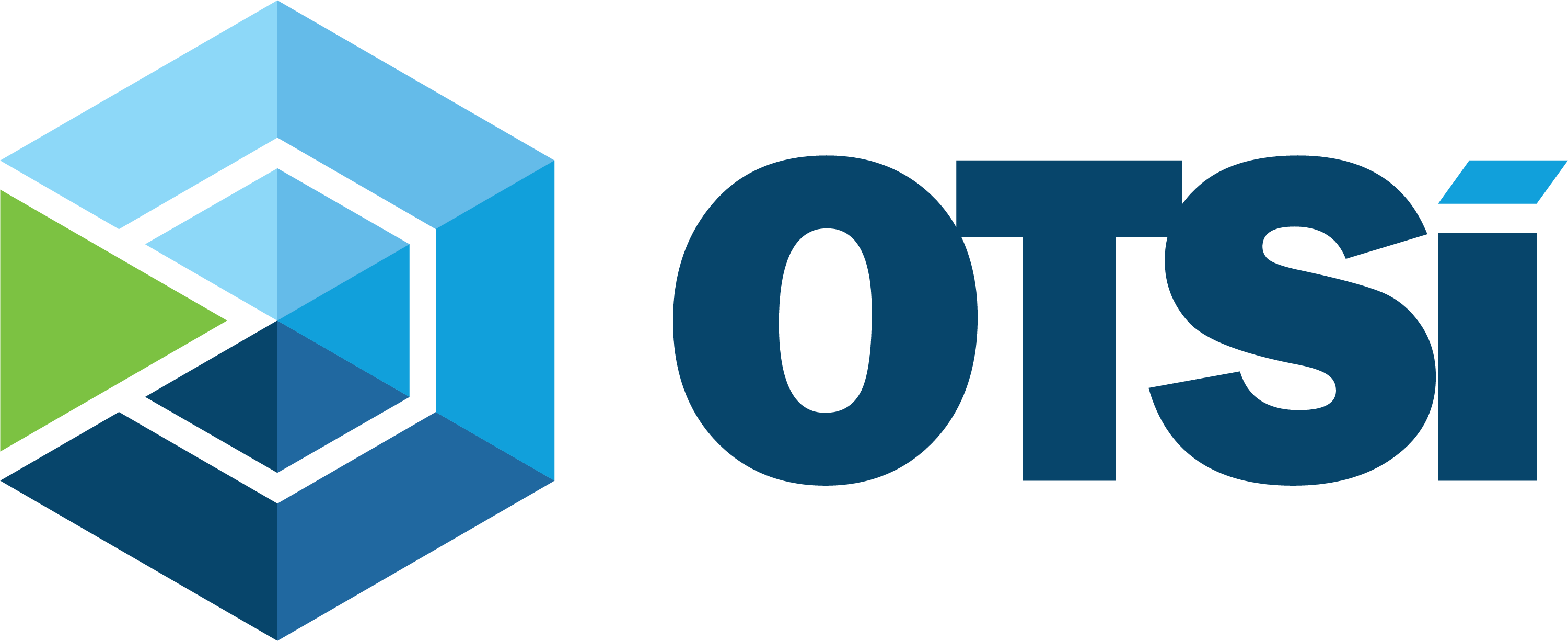Exponents in Python: A Quick Guide
In this blog, we will explore the importance of exponents in Python and different methods to calculate them using Python. We will compare each method's efficiency.



Manually writing user stories can present several challenges, which can hinder the efficiency and effectiveness of the product development process.
Manually writing user stories is a labor-intensive task that demands significant time and effort from product managers, business analysts, and development teams.
Manually written user stories might miss critical details or edge cases, especially under tight deadlines.
Different team members may write user stories in varying formats and levels of detail, leading to inconsistencies.
More often than not, PMs go through the related user stories, knowledge bases or workflow to write the next user story on the same module.
Managing dependencies between various user stories manually can be complex and error-prone.
Failure to include compliance requirements in user stories can result in the development of features that do not meet legal or regulatory standards.
Simplify user story creation
Our AI analyzes your data and automatically generates comprehensive user stories, saving you time and ensuring consistency.
The AI analyzes existing tickets to extract key details and common patterns, ensuring that new user stories align with previous tasks and issues.
The AI reviews the codebase to understand the current implementation and generate user stories that accurately reflect the existing functionality and code dependencies.
The AI scrapes the application to gather up-to-date information on features and user interactions, helping to generate user stories that are relevant and accurate.
The AI learns about existing features and workflows based on knowledge bases/support documentation.
The AI extracts relevant information from design documents and other manually entered compliance documents to create user stories that align with the documented requirements and design specifications.
Explore The Possibilities
AI-Powered User Story Writing
With quick access to detailed user stories, teams can speed up sprint planning and backlog grooming, allowing for a more agile workflow.
It can incorporate best practices and common acceptance criteria automatically, reducing the need for reviews and rewrites.
AI-generated user stories bridge the gap between business requirements and technical teams, ensuring everyone is on the same page.
The AI can provide alternative approaches and use case scenarios that might not have been initially considered, sparking creativity and innovation during product planning.
AI can help refine the product backlog by identifying redundant or vague user stories and suggesting improvements for better clarity and prioritization.
AI can create user stories tailored to different user personas, ensuring the product features are aligned with the needs and expectations of the target audience.
FAQs
Dive into the following questions to know more about User Stories AI
The AI scrapes your web app, Jira tickets, and codebase to learn about the application’s current features, functionality, and requirements. Using this information, it generates user stories that align with your product's existing framework and goals, helping your team create consistent, high-quality stories with minimal effort.
Absolutely! This tool is designed for product managers, business stakeholders, and non-technical team members to easily generate user stories. By leveraging AI to convert the technical aspects into clear, structured user stories, it makes the process accessible to anyone, regardless of their technical background.
The AI uses predefined templates and incorporates industry best practices into each user story it generates. It can create stories in the standard format ("As a [user], I want [feature] so that [benefit]") and automatically include common acceptance criteria, ensuring a consistent and effective output.
The AI dynamically updates user stories based on the latest information in your web app, Jira tickets, and codebase. If requirements change, the AI can revise the stories to reflect the new priorities, helping to keep your backlog relevant and aligned with current business objectives.
Yes, the AI analyzes the information scraped from your app and codebase to identify potential gaps or edge cases that might have been overlooked. It generates additional user stories to cover these scenarios, ensuring a more comprehensive product development plan.
The tool can be set to periodically scrape your web app, Jira tickets, and codebase at intervals of your choosing. This ensures the AI-generated user stories remain up-to-date with the latest changes, features, and requirements of your application.
Data security is a top priority. The tool accesses and processes your web app, Jira tickets, and codebase using encrypted connections, and it adheres to industry-standard security protocols to ensure that your data remains safe and confidential.
Yes, you can customize the generated user stories to suit your specific project needs. The AI provides a solid starting point, which you can then edit, refine, and enhance as required, ensuring the final stories align perfectly with your product vision.
Explore the realms of innovation with our weekly blog. Immerse yourself in insightful articles covering engineering, design, and product management, delivering valuable perspectives and industry trends.
In this blog, we will explore the importance of exponents in Python and different methods to calculate them using Python. We will compare each method's efficiency.
Discover the optimal software engineering team structure. Factors include project size, complexity, company culture, and management style for success.
Looking for alternatives to custom app development services in Mexico? We've got you covered. In this blog post, we'll explore better alternatives and help you find the best one for your needs.
WebSocket and HTTP are both protocols used for transferring data over the web, but they are used for different purposes and have some significant differences.